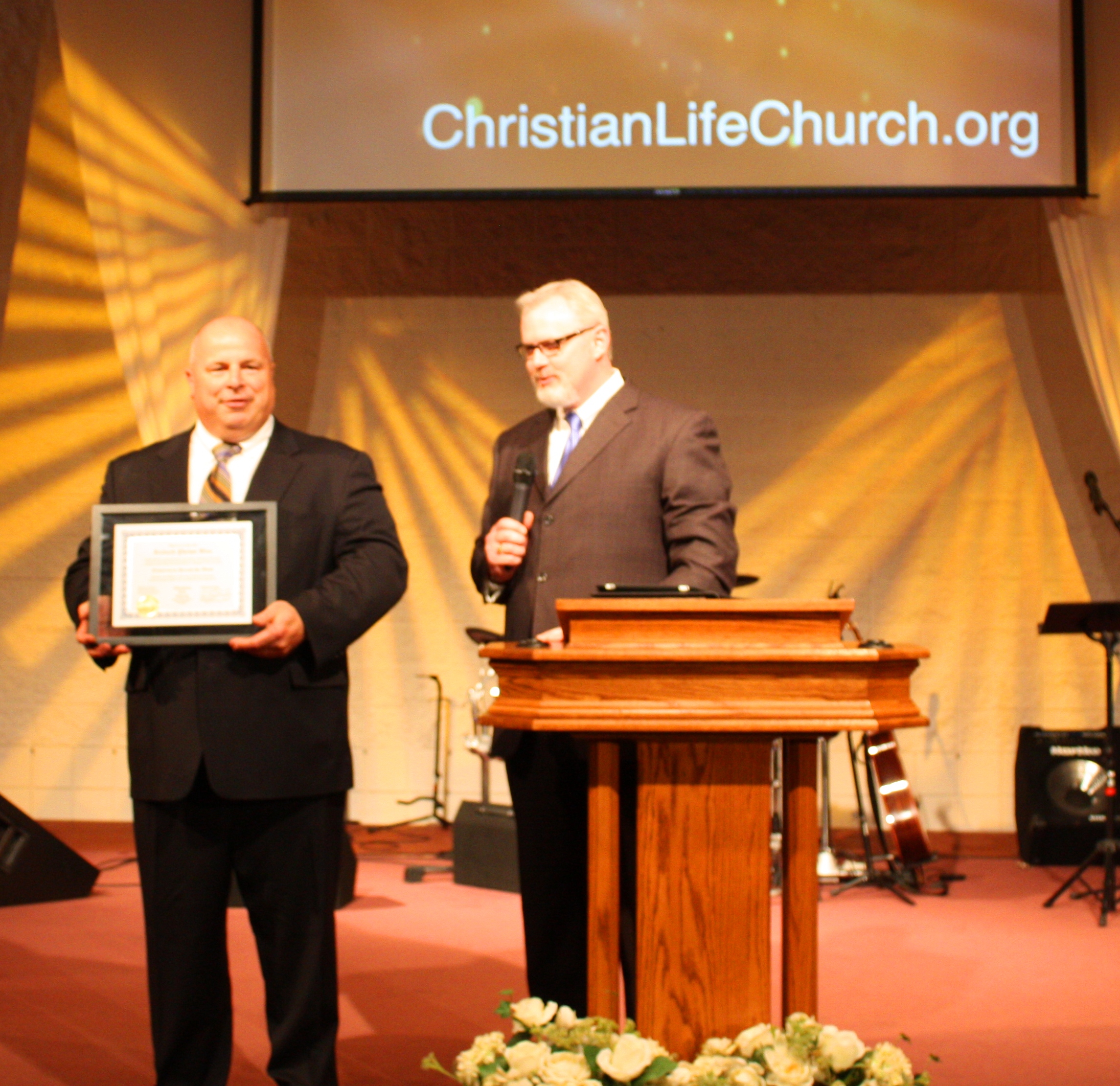(This is an exerpt from the ninth chapter of my soon to be released book, Grappling with God: The Battle for Authentic Faith. This chapter emphasizes the power of discovering and passionately pursuing our purpose in the service of fulfilling our life project.)
When I was a young boy I found an identity and a sense of security in athletics. Every football season I played as hard as I could, and more often than not I was rewarded with recognition for my accomplishments. By the time I transitioned from junior high to high school, however, I realized that football was not going to sustain me. The sense of community I derived from the team ended with the season. By late November or early December, I was alone again with no social connections.
What I experienced as a teenager, I realized much later, was a kind of existential panic; struggling socially and wondering what I was all about, what mattered to me. As I pondered these questions my life confused me. On the field, I was the roughest, toughest player, yet elsewhere I was the one people would come to when they had trouble. How could both parts be true: the hard-hitting football player and the sensitive kid? Only much later could I see that this two-sided conflict revealed my deep sense of pain and loss that stemmed from my upbringing. Unconsciously, I identified with those who had troubles and sorrow, although I could not fully feel or admit to mine. And, the only place I could act out my anger was on the football field. Unable to see that truth about myself, I vacillated each year from football to loneliness.
In February of my sophomore year in high school, a couple of guys who were also athletes on the wrestling team invited me to come to a group with them. I was blown away! It had been two years since I had been invited anywhere. Of course I said yes; I would have agreed to anything.
Their invitation was to Young Life, a Christian youth group. It was a straightforward “Jesus loves you” gathering with prayers and guitar playing. From that first meeting, I felt loved and accepted. Here was the sense of belonging I had always wanted. I spent the next couple of months participating in every Young Life activity I could: retreats, workshops, and Bible studies. By June, I had a profound experience which led me to make a commitment to become a lifelong follower of Christ.
My connection with Young Life was stronger than anything I had felt before. Not with the Boy Scouts, where I had become one of the youngest Eagle Scout in northern California. (Once I earned that distinction, I quit because I had accomplished my goal. It never occurred to me that scouting was a community.) Not in football, because I knew that the team and I would part ways at the end of every season. Not even within my family. Through Young Life I found my life—what I was all about. In other words, I found my purpose.
An Unchanging Purpose
Over the years, my purpose has not changed: to experience and then to radiate and share the love of Christ. How I’ve lived that purpose has evolved as I’ve grown and matured in experience and understanding. When I was in college, my vision of what it meant to be a disciple of Christ led me to devote about 25 hours a week directly to some type of ministry activity. (Given the fact that I was also a varsity athlete, it’s little wonder that there wasn’t much time left for my undergraduate studies.) After I graduated from college and following a brief stint of working as a carpenter, I went into the ministry. Through that experience I discovered another way to live out my purpose, with passion for helping people to overcome the blocks and obstacles that prevented them from taking in the love of Christ and maturing in their faith in God.
At the time I was unaware of what was driving my passion to help others. It wasn’t until years later that I could see how I was trying to heal myself from the abuse I had suffered in my childhood. Because it was hidden in my unconscious at the time, I projected myself onto other people who were deeply wounded. I tried to assist them in expanding their faith in God and experiencing a more meaningful relationship with Christ as a way of healing myself.
I began to understand how we could know in our minds that God is loving; however, if we did not feel loved by our own parents we would have great difficulty really believing that God could possibly love us. We cannot trust God if first we don’t acknowledge how violated we felt by the injuries—physical, emotional, psychological, or spiritual—inflicted by trusted caregivers. What we were taught and understood with our minds cannot override what we came to believe in our hearts as children. In the end, we would default to what we felt was true as children and reject what we would later be taught as adults.
The work we do at the Center for Christian Life Enrichment is to help people make sense of their lives. We support them in making a more meaningful connection with themselves that allows them to experience their feelings and identify their deeper core hungers. As we are able to recognize our hunger for love, authenticity, truth, community, and intimacy, we are able to increasingly participate in a genuine community of faith. We make it a priority to support others in making peace with God and letting in His unconditional love for each of us.




